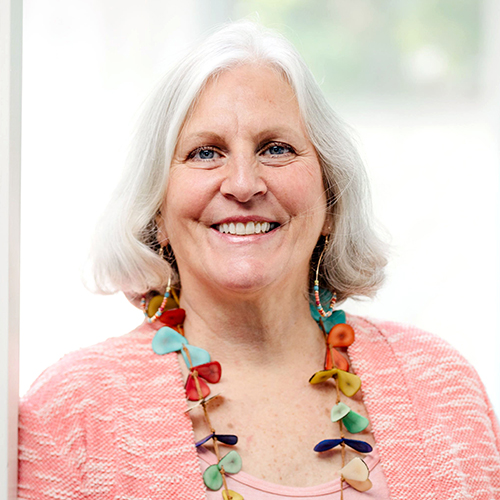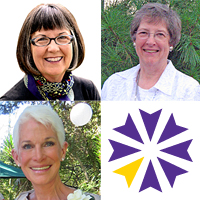 Lactation & Breastfeeding Online Course(s) & Continuing Education
Lactation & Breastfeeding Online Course(s) & Continuing Education
Access the latest clinical skills and research for Lactation & Breastfeeding for professional training. These Lactation & Breastfeeding online courses provide practice-changing skills and valuable perspectives from leading global experts. This Lactation & Breastfeeding education has been accredited for a variety of CEUs / CERPs and can be accessed on-demand, at your own pace.
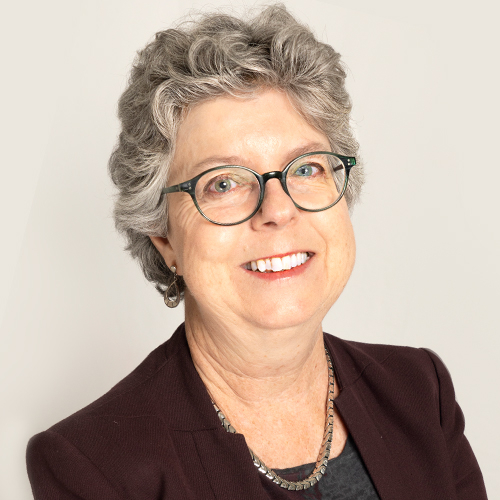

Professor Lisa Amir is a general practitioner and has been an International Board Certified Lactation Consultant since 1989. She is the author of over 120 peer-reviewed articles on breastfeeding. She works in breastfeeding medicine at The Royal Women’s Hospital in Melbourne, Australia. She is a Principal Research Fellow at Judith Lumley Centre, La Trobe University and is the Editor-in-Chief of the open access journal, International Breastfeeding Journal.
Topic: Ethical Issues in the Use of Medications During Lactation - [View Abstract]
Topic: Taking a Lactation History: From Pregnancy to Postpartum and Beyond - [View Abstract]
Topic: Urban Design Solutions to Support Breastfeeding in Public - [View Abstract]
Public health ethics relates to moral implications of activities aimed at maintaining and improving population health. Public health researchers embrace participation of affected populations in all stages of research from design to translation. In the past, pharmaceutical companies have avoided the issue of women’s reproductive life and excluded pregnant and breastfeeding women from the drug development process and then advised prescribers to avoid their medications in pregnancy and lactation. Therefore, when clinicians need to prescribe medications during lactation, they do this off-label, often without evidence or guidance regarding optimal dosing or treatment recommendations. Application of the concept of equity should ensure that all groups, including breastfeeding parents, are not neglected and receive directly targeted interventions to improve their health outcomes. The ethical frame which routinely excluded participants who may be pregnant or lactating from clinical trials, is now being turned around to recognise that these groups have the right to be included.


Diane Wiessinger, MS, IBCLC, is a co-author, with Diana West, Linda Smith, and Teresa Pitman, of La Leche League International’s Sweet Sleep Nighttime and Naptime Strategies for the Breastfeeding Family. She is also a co-author, with Diana West and Teresa Pitman, of the 8th edition of LLLl's Womanly Art of Breastfeeding. Other publications include chapters in Genna's Supporting Sucking Skills in Breastfeeding Infants and Smith's The ABC's of Private Practice, and journal articles and essays on latching, lip ties, D-MER, motherhood in other mammals, and breastfeeding language. Diane self-publishes more than 75 breastfeeding handouts for mothers. She has spoken in over 40 states and provinces and in Europe, Asia, and Oceania.
Topic: The Safe Sleep Seven: Middle Ground for Safe Infant Sleep - [View Abstract]
Babies haven’t changed, but our understanding of how they attach to the breast certainly has. A journey through more than 50 years of “skilled help” with breastfeeding, what we thought we knew, what we think we know, and how we’re circling back to our beginnings and some surprisingly simple conclusions.
View Details / Enroll

Examining the Roots of the Formula Crisis and Insights on Ending Exploitative Marketing from the 2023 Lancet Breastfeeding Series

Cecília Tomori is Associate Professor and Director of Global Public Health and Community Health at the Johns Hopkins School of Nursing with a joint appointment at the Johns Hopkins Bloomberg School of Public Health. She is a Hungarian American anthropologist and public health scholar whose work investigates the structural and sociocultural drivers that shape health, illness and health inequities. Dr. Tomori is an internationally recognized expert on breastfeeding, infant sleep and maternal child health.
During the COVID-19 pandemic, she has supported numerous organizations focused on maternal child health and health equity and advocated for equitable pandemic policies. She has authored three books on breastfeeding and reproduction, and published numerous articles on a range of public health and anthropological topics.
Topic: Resolving Cultural Conflicts in Nighttime Breastfeeding and Infant Sleep - [View Abstract]
This presentation will address the North American formula crisis that was triggered by investigations into the deaths and illness of several infants from contaminated commercial milk formula (CMF), leading to an extended shut down of a major plant and acute shortages of CMF. Infant feeding decisions are shaped by powerful, inequitable systems and this presentation will identify the corporate practices entailed in perpetuating harmful practices in this crisis and provide policy solutions for how to establish a more equitable and just system of infant feeding in a time of multiple, accelerating infant feeding emergencies due to climate change.
The second part of this 2 hour workshop will address key lessons from the 2023 Lancet Breastfeeding Series. Specifically, the presentation will review Series insights into the extensive influence of the commercial milk formula industry and outline the elements of the corporate playbook employed to increase sales and undermine breastfeeding. Additionally, the presentation will highlight sources from the extensive evidence brought together in the Series to demonstrate industry tactics ranging from scientific claims that lack evidential basis to the misconstruing of infant behavior, influencing health professionals and national as well as global regulations and policies. We will also discuss recommendations of the Lancet Breastfeeding Series workgroup to end exploitative marketing and improve support at all levels for breastfeeding and engage in discussion around opportunities to implement recommendations. This will be an interactive session with ample opportunities for questions and discussion.

View Details / Enroll

Expanding Our Audience to Gain Greater Appreciation and Acceptance of Breastfeeding

Christy Jo has over 25 years of teaching experience. She is passionate about teaching in ways that simplify learning. She has been awarded the United States Presidential Volunteer Award for her community service, the Phyllis Klaus Founder's Award for her contribution to the Mother/Baby bond and the Above and Beyond Award for innovative projects that exemplify the mission of Public Health. She has also been named Lactation Educator Faculty of the Year from Childbirth and Postpartum Professionals Association and earned their Visionary Award in 2015. Christy Jo is the author of Mommy Feeds Baby and co-author of Making Milk. She created the Grow Our Own Lactation Consultant/IBCLC Prep Course which has been used to train hundreds of students to become Lactation Consultants. She currently resides in California with her husband and three children. She continues to serve her community as a birth doula, Private Practice IBCLC, Health Educator for Public Health, and faculty for the CAPPA CLE© and Childbirth Educator Programs.
Topic: Enhanced Counseling Skills for the Lactation Educator - [View Abstract]
Topic: Expanding Our Audience to Gain Greater Appreciation and Acceptance of Breastfeeding - [View Abstract]
Topic: Sharing Your Wisdom: From Abstract Idea to Awesome Prenatal Breastfeeding Class - [View Abstract]
Topic: The Art of Communication: Simplifying Birth and Breastfeeding - [View Abstract]
As educators and health organizations, we mostly target prenatal women with the breastfeeding message and then are surprised at the push-back we receive from those who do not embrace breastfeeding. In order to tip the scale in breastfeeding acceptance, we must broaden our audience.
This presentation will focus on reaching a larger audience. We must project our message to the masses. It is crucial to share breastfeeding education to society, early and frequently. Breastfeeding education should begin in the school system and be geared for each age appropriately.
We must offer education in a way that each person and organization understands how it applies to them and their situation. For instance, employers will be more likely to embrace the employee that breastfeeds if they understand the far-reaching effects of breastfeeding. The lawmakers will be more likely to approve lactation laws if they comprehend the need for legislation. Partners will offer appropriate support if they receive the same education that is often reserved for the pregnant woman. This presentation will give suggestions of how to reach family, communities, professionals, and lawmakers with the breastfeeding message. When societies embrace breastfeeding, they will embrace breastfeeding women and see it as the norm.
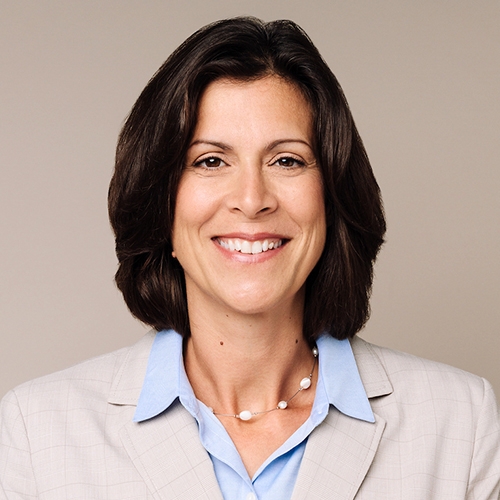
Expected Weight Changes After Birth for Full-Term, Breastfed Newborns

Dr. Diane DiTomasso achieved a Diploma in Nursing from Newport Hospital School of Nursing; a Bachelor of Science in Nursing, a Master of Science in Nursing Education, and a PhD from the University of Rhode Island. She is an Associate Professor at the University of Rhode Island College of Nursing.
Her research focus is human lactation and infant weight. She has multiple publications in journals such as Journal of Gynecologic & Neonatal Nursing (JOGNN), Journal of Human Lactation, Journal of Perinatal and Neonatal Nursing, and Nursing for Women’s Health and has presented her work nationally and internationally.
Dr. DiTomasso has received various honors and awards with the most recent being the 2020 Suzanne Feetham Nurse Scientist Family Research Award by the Eastern Nursing Research Society (ENRS) and the 2020 Best of JOGNN Award as first author of the article, “Systematic Review of Expected Weight Changes After Birth for Full-Term, Breastfed Newborn. She has served as Principal Investigator for a variety of neonatal research studies. Dr. DiTomasso is a member of AWHONN, the International Lactation Consultant Association, the Eastern Nursing Research Society, and Sigma Theta Tau International. She currently serves as a Member on the AWHONN Research Advisory Panel.
This presentation will summarize the findings of recent studies on neonatal weight changes that occur in the early weeks of life among full-term, breastfed newborns.
Data Sources: Using the keywords breastfeeding, newborn, infant, weight, weight loss, and growth, we searched PubMed, Cumulative Index of Nursing and Allied Health Literature, Cochrane Library, and MEDLINE for primary studies and secondary analyses. We also reviewed the reference lists of retrieved articles. Study Selection: Quantitative studies published in the English language from 2015 through 2019 that focused on newborn weight changes. From a total of 827 records initially screened, we included 11 studies in this analysis.
Data Extraction: Two authors independently reviewed the selected articles with the use of the Johns Hopkins Nursing Evidence-Based Practice Synthesis and Recommendations Tool. To determine evidence levels and quality ratings, we evaluated the consistency and generalizability of study results, sample sizes, study designs, adequacy of controls, and definitive nature of the conclusions. This presentation will discuss the finding of this study related to expected weight changes after birth for full-term, breastfed newborns.

View Details / Enroll
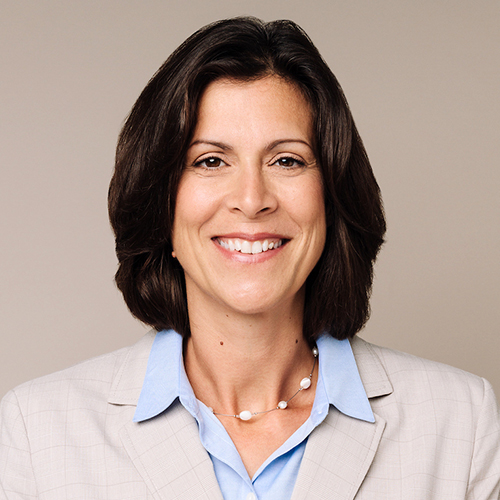
View Details / Enroll
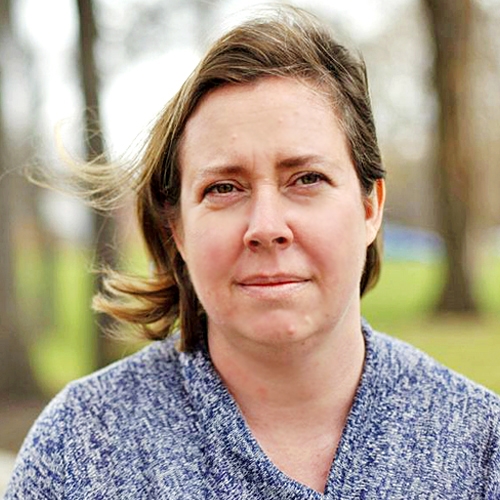
Facilitated Discussion on IYCF-E and the Role of the Lactation Professional

Michelle Pensa Branco MPH IBCLC is a lactation consultant and public health advocate. In addition to her clinical practice, which has included in-hospital, outpatient and private practice settings, she advocates for improved maternal-child health practices at the local, national and global level. She has a particular interest in the impact of trauma to breastfeeding families, models of peer support to improve breastfeeding outcomes and the application of health communication principles to the promotion and protection of breastfeeding. Michelle serves as the Director of Peer Support Programs and provides clinical lactation expertise for Nurture Project International, the only international NGO focused exclusively on infant feeding in emergencies. With Jodine Chase, she co-founded a Canadian non-profit organization, SafelyFed Canada. She is also an active member of the Ontario Public Health Association’s Breastfeeding Promotion Working Group. Michelle has previously served as the Vice-Chair of La Leche League Canada, the Communications Director for the Canadian Lactation Consultants Association as well as the Toronto Coordinator of INFACT Canada. When she is not travelling for work, Michelle stays close to home, living with her family just outside Toronto, Ontario, Canada.
Topic: Keeping the Fox Out of the Chicken Coop: Safeguarding Your Reputation Against Baby Feeding Industry Influence - [View Abstract]
Topic: Playing Well with Others: Collaborating in High Conflict/Low Trust Settings - [View Abstract]
Topic: Watching Our Words: Is Risk-Based Language Always the Right Choice? - [View Abstract]
In emergencies, breastfeeding saves lives - and yet, regardless of the location or type of disaster, breastfeeding and complementary feeding practices are eroded during an emergency. Infant and young child feeding in emergencies (IYCF-E) requires a multi-sectoral approach to meet the needs of both breastfed and non-breastfed children. Where do the skills of breastfeeding counsellors, educators and IBCLCs fit into the IYCF-E response? What competencies do IBCLCs need to provide clinical care in a humanitarian setting and how can IBCLCs obtain those (if they don’t already have them)? Bring your thoughts, experiences and questions and join us for a facilitated discussion about the role of skilled breastfeeding support in protecting infants and young children in emergencies.

View Details / Enroll
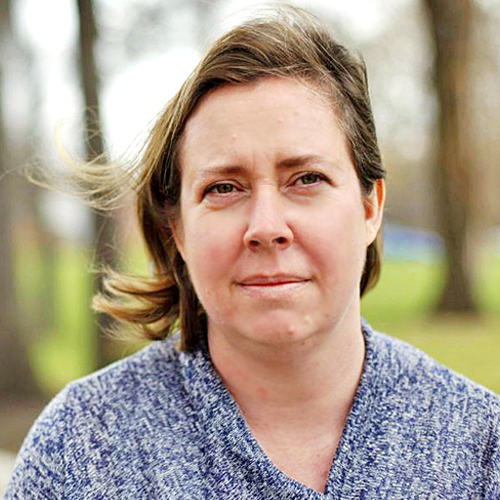
View Details / Enroll
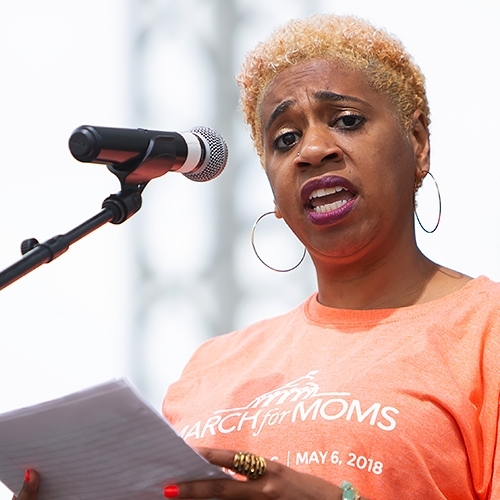

Chauntel Norris is a native of Birmingham, AL. She attended the University of Alabama at Birmingham where she earned her B.A. in African American Studies & her B.S. in Psychology.
Chauntel is a DONA trained Birth & Post-Partum Doula, a Lamaze trained Childbirth Educator and a Certified Lactation Counselor.
She is the Co-founder of Baobab Birth Collective and currently serves as the Mother's Milk Initiative Coordinator for the Alabama Prison Birth Project.
Chauntel is the mother of two brilliant children Amaiya and Ozell.
During this presentation the barriers of incarceration as it relates to lactating parents will be discussed. An overview of Program development, Partnerships development and working with corrections will also be considered. I will also show how our Alabama initiative combats those barriers and allows incarcerated women to be able to provide their milk to their infants.

View Details / Enroll
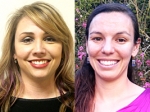
Feeding Difficulties: A Look at High Risk Populations

Amber Valentine is a Speech-Language Pathologist who graduated from the University of Kentucky with her MS in Communication Disorders. She is a Board Certified Specialist in Swallowing and Swallowing Disorders and an International Board Certified Lactation Consultant. She worked for Baptist Health Systems, Inc for 8 years before moving to Florida where she worked for Wolfsons Children’s Hospital and Mayo Florida. She is now back in Kentucky working for Baptist Health Lexington. She has experience in adults and pediatrics with feeding and swallowing difficulties including: bedside swallow evaluations, Modified Barium Swallow studies, FEES, and pediatric feeding evaluations including NICU. She has provided guest lectures for the University of Kentucky and the University of Louisville on feeding and swallowing topics. She has presented at the hospital level, local, state, national, and international levels on pediatric feeding/swallowing and breastfeeding.
Lillian Scott is a speech-language pathologist and certified lactation counselor employed by Baptist Health Lexington in Lexington, Kentucky. She received master’s degree in Speech-Language Pathology from Gallaudet University. She received dual bachelor degrees in Communication Sciences and Disorders and Special Education from the University of Kentucky. She has worked with pediatrics and adults in the areas of speech, language, and swallowing. She has NICU, Mother/baby, and outpatient clinical experience working with feeding dyads of breast and bottle feeding infants. In the area of adults and pediatrics, she has experience with clinical swallowing evaluations and Modified Barium Swallow Studies. She has experience with adult Fiberoptic Endoscopic Evaluations of swallowing (FEES). Her interest is in successful feeding by mouth for infants with complex medical histories and promoting breastfeeding in cultures that are not likely to receive the supports for feeding difficulties due to knowledge, costs, and/or access.
Feeding is the most complex task of infancy, even in term babies with no complications. There are many diagnoses, conditions, syndromes, and co-morbidities that can impact feeding in neonates and infants. This talk will briefly highlight many of those, but we will focus on three specific populations of interest –Neonatal Abstinence Syndrome, Infants of Diabetic Mothers, and Downs Syndrome. We will discuss the specific implications these conditions can have on feeding, why these infants may have difficulty, and the classic symptoms one could expect to see. The differences between delayed and disordered feeding will also be addressed. Strategies and adaptions for breast feeding will be discussed. Positioning and external strategies will be explained. Case studies will be shared at the end of the presentation.

View Details / Enroll
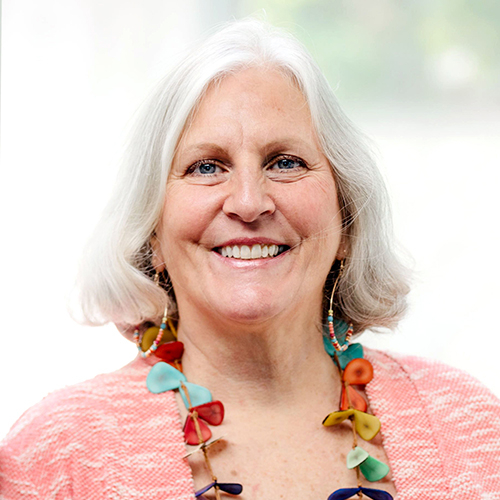
Finger Feeding: What Do We Know? What Should We Know?

Dr. Hazelbaker has been a therapist in private practice for over 30 years. She specializes in cross-disciplinary treatment and to that end has taken training in several modalities to best assist her clients. She is a certified Craniosacral Therapist, a Lymph Drainage Therapy practitioner, a Tummy Time™ Trainer, a Haller Method practitioner, A Pre and Perinatal Psychology Educator, a Lactation Therapist Diplomate, an International Board Certified Lactation Consultant and a fellow of the International Lactation Consultant Association.
She earned her Master’s Degree from Pacific Oaks College (Human Development specializing in Human Lactation) and her doctorate from The Union Institute and University (Psychology, specializing in Energetic and Transformational healing.)
People recognize her as an expert on infant sucking issues caused by various structural problems like torticollis, plagiocephaly, brachycephaly and tissue shock-trauma. She invented the Hazelbaker™ FingerFeeder and the Infant Breastfeeding CranioSacral Protocol™ to assist in the resolution of this type of infant sucking dysfunction.
Topic: Cranial Nerves: A Critical Component of the Process of Breastfeeding - [View Abstract]
Topic: Creating Flow: Using Lymphatic Drainage Therapy for Breastfeeding Issues - [View Abstract]
Topic: Finger Feeding: What Do We Know? What Should We Know? - [View Abstract]
Topic: Gamechangers: New studies that will change the way we think about tongue-tie - [View Abstract]
Topic: Infant Trauma: Impact on Breastfeeding - [View Abstract]
Topic: The Faux Tie: When is a "Tongue-tie" NOT a Tongue-tie? - [View Abstract]
Topic: The Impact of Bodywork on Infant Breastfeeding - [View Abstract]
Topic: What Does Torticollis Have to do with Breastfeeding? - [View Abstract]
Although an alternative feeding method, such as bottle, cup or finger feeding, represents a less than ideal way to feed infants, at times introducing one of these methods may ultimately save the breastfeeding relationship. In this session, Dr. Hazelbaker presents the research on and the theory of finger feeding. She then proposes areas for further research. She includes a sub-lecture on the physiology of finger feeding and compares finger feeding against bottle and cup from the physiological perspective. Participants come away with a new understanding of finger feeding, enabling them to make sound clinical decisions regarding a therapeutic choice when a baby must be fed away from the breast.
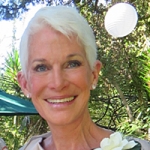
First Touch, First Food, First Hour …in a mother’s hands

Dr. Jane Morton has had a long, fulfilling career as a general pediatrician, She has also had a long-standing interest in breastfeeding, from understanding its clinical benefits to practical solutions for mothers having difficulty in providing breastmilk to their infants. Over the years, she has conducted research on human milk and breastfeeding and has designed and implemented systems and policies to help breastfeeding mothers. She produced award winning videos on this topic, including “Breastfeeding: A Guide to Getting Started”, “A Preemie Needs His Mother: Breastfeeding a Premature Baby” and “Making Enough Milk, the Key to Successful Breastfeeding”. These have been translated and widely used in thousands of hospitals to train both staff and new mothers. As an executive board member of both the Academy of Breastfeeding Medicine and the American Academy of Pediatrics Section on Breastfeeding, she enjoyed working to enlarge the footprint of breastfeeding, both nationally and internationally.
For a 5 year period, she joined the neonatology clinical faculty at Stanford to develop the Breastfeeding Medicine Program. In that position, she had the opportunity to design a nationally recognized educational program, conduct and publish original research on milk production and composition in mothers of very low birth weight infants, and publish a study with the AAP on the efficacy of a breastfeeding curriculum for physician residents in training. She was an advisor to the California Perinatal Quality Care Collaborative, and was a key author of the toolkit “Nutritional Support for the Very Low Birth Weight Infant”. She co-authored the book Best Medicine: Human Milk in the NICU. She has published extensively and presented her original research and educational workshops internationally. She continues to teach at Stanford where she is an Adjunct Clinical Professor of Pediatrics, Emerita.
Topic: First Touch, First Food, First Hour …in a mother’s hands - [View Abstract]
The risk of early termination of breastfeeding typically relate to complications with a) attachment, b) breastmilk production, or c) the caloric intake of the infant. Simply put, A, B and C. Could hand expression taught in Labor and Delivery to every mother reduce early termination and the health, financial and emotional morbidity associated with breastfeeding complications in both low and high risk infants? This presentation will examine this question, focusing on the purpose of teaching early hand expression, the available science and the practice of integrating this technique into first hour care.



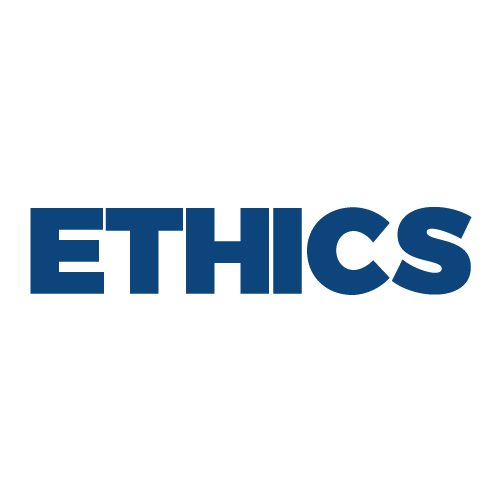



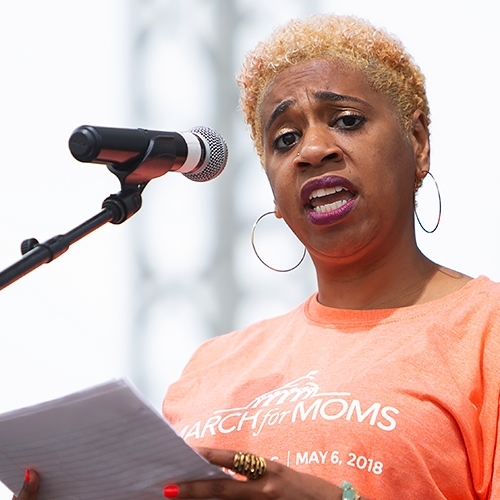


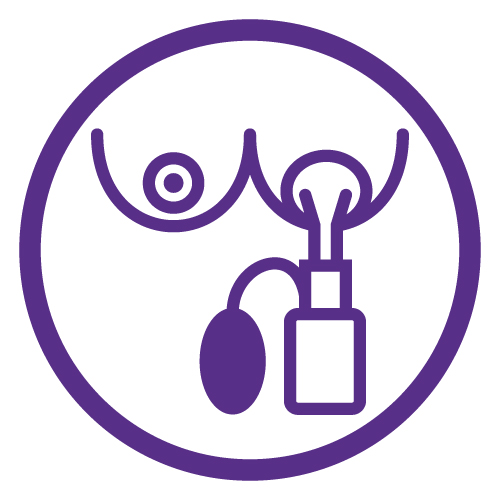
.jpg)
